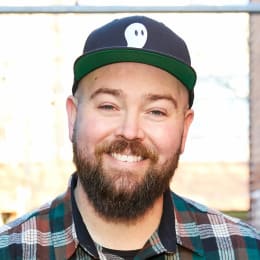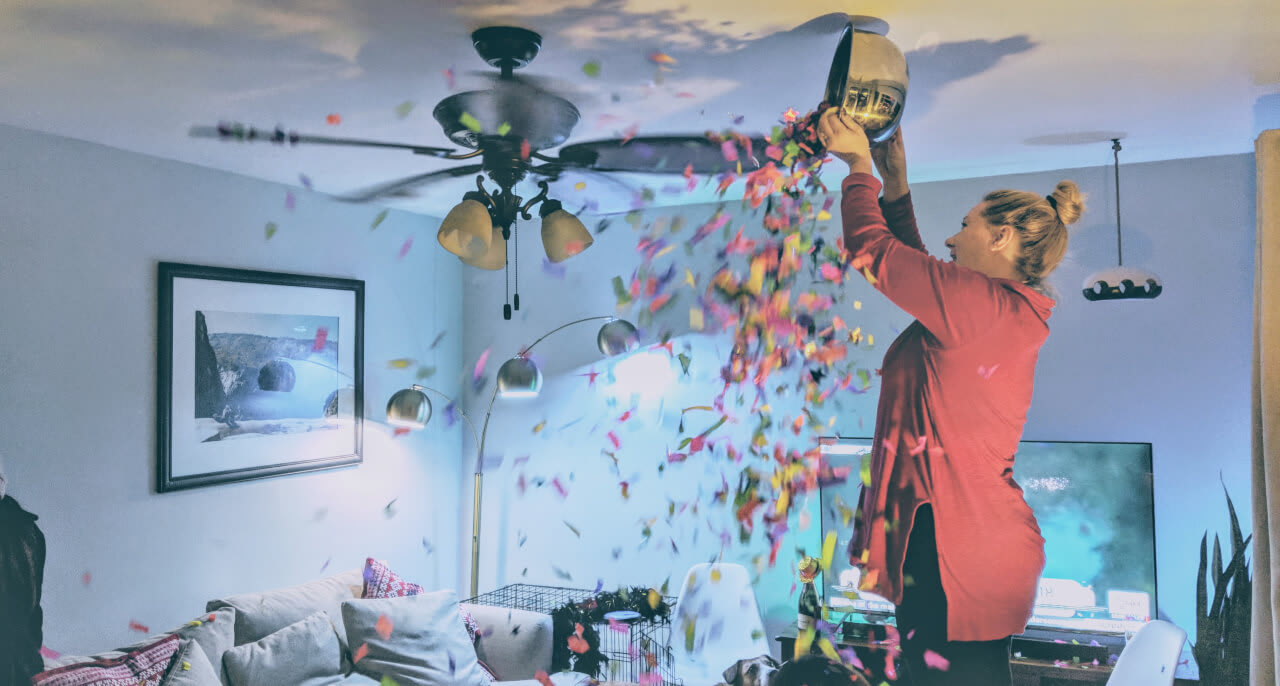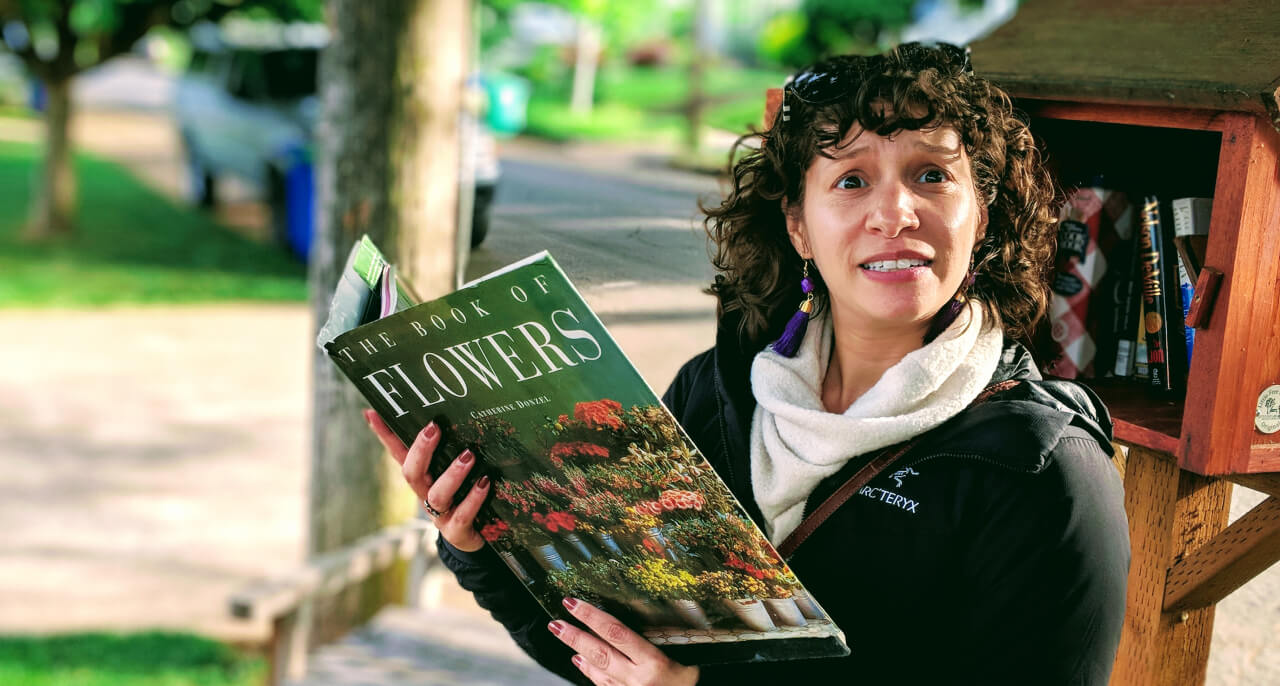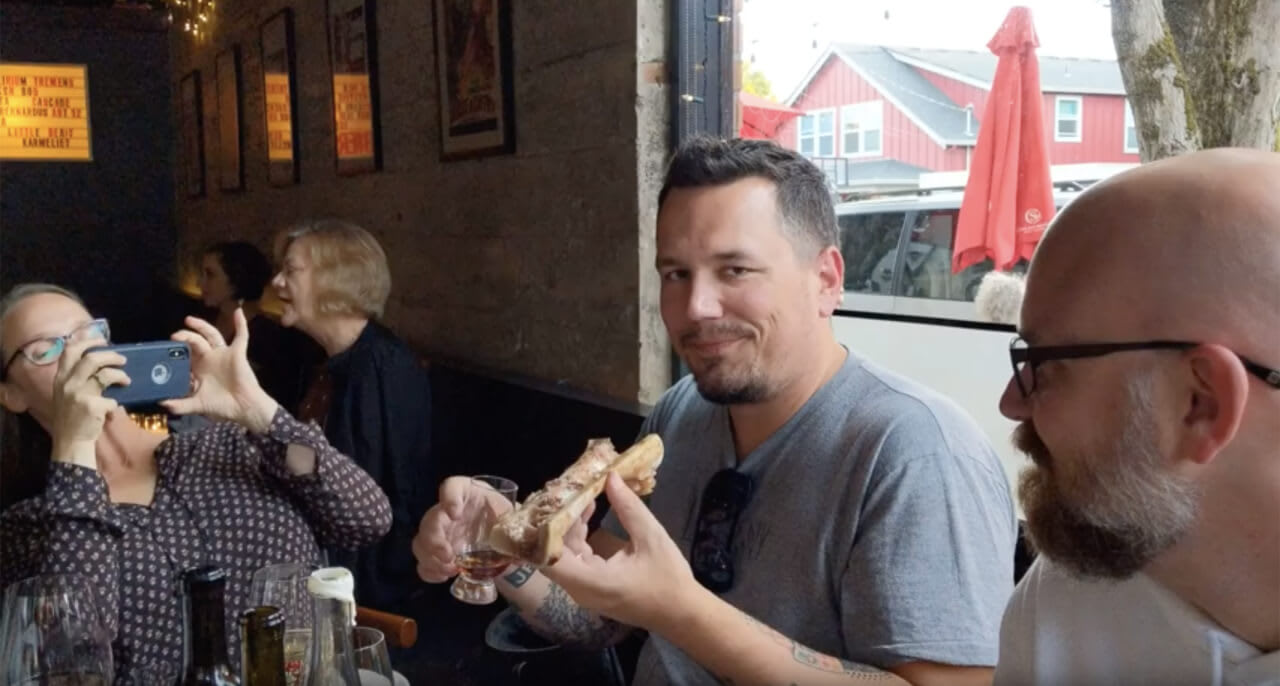2018 in Review: How I’m Structuring Goals to Make 2019 My Best Year Yet
Goals only matter if they’re measured. I’m learning from last year and setting measurable goals to make 2019 my best year yet.

For the last few years, I’ve stolen Nate Green’s tradition and written a personal retrospective for the previous year.
In both 2016 and 2017, my life was in flux: I ended my two-year streak of living in different Airbnbs around the world in 2016, then made the switch from contracting to a full-time job at IBM in 2017.
2018 was another year of major changes for me. I’m reasonably confident, however, that this was the last “huge life changes” year for a while.

What is a retrospective?
A retrospective is a review process most commonly used in businesses to review the outcomes of a given project. The general format is to answer each of the three following questions:
- What went well?
- What didn’t go well?
- What will we change going forward?
The exact format varies between teams, but this is the format I’m most familiar with, and the format we’ll use today.
I’ve been missing a key part of the process.
In reading last year’s retrospective, I realized that I started with more or less a clean slate. I looked at 2017 as a whole, and completely ignored the fact that I’d set goals for 2017.
This was a mistake. Why set goals at all if I’m not going to hold myself accountable?
What were my previous goals?
In 2016, my goals were:
- Dedicate more time to keeping up with the people I care about.
- Speak at one conference per quarter minimum.
- Stay consistent in the gym.
- Work on code videos and tutorials.
- Replace my morning phone habit with writing.
In 2017:
- Walk more often.
- Reduce my commute to two or fewer days per week.
- Rededicate a couple mornings a week writing.
This year, I’m going to frame the retrospective not just around “how did 2018 go?” but “how did 2018 go in relation to the goals I’ve set for myself?”
What went well?
2018 held a few huge changes for me, both professional and personal:
1. I bought a house.
I’m probably on record in multiple places saying something to the effect of, “I will never buy a house. Buying houses is a terrible idea. Why would anyone ever buy a house?”
This year I bought a house.
Marisa and I moved back to Portland this year, and when we sat down to list out what mattered to us, a few key themes emerged:
- We didn’t want to keep moving every year when our lease was up. It was stressful and made it really hard to build a strong community.
- We were sick of being stuck with our landlord’s shitty choices to install cheap things that break and/or don’t work properly.
- Marisa read Happy City and learned that both green spaces and ground-floor living have positive correlations with happiness.

Those factors pointed toward buying vs. renting. And Marisa likes gardening, so I was informed that we were getting a house with a yard.
We’re both very privileged to work in tech at high-paying companies, and we saved a shitload of money by traveling full-time for a couple years, so we pulled the trigger and bought a house in Portland, walking distance from many of our favorite places in the city.
This relates to several goals from 2016 and 2017: it helps me get more involved with the community, makes it easier to stay consistent with the gym, and lets me walk far more than I ever did in Texas.
2. I started a new job.
In February, I left IBM. I lasted about 18 months there, which is longer than most of my friends thought I would. I loved my team at IBM, but I didn’t love the complete lack of autonomy and accountability that meant it tooks months of meetings to get approvals for weeks of work.
I left to join Gatsby, an open source website-building startup, where I’ve been working to connect with the amazing community, help teach people the technology, and help build an amazing team of incredibly talented people.

This had several really positive effects on my life:
- Gatsby is a fully remote company, which means I no longer have a commute.
- The team is small, so we’re able to make decisions quickly and execute on ideas rather than spending months chasing “decision makers”.
- I get to work directly with the community as both an advocate and a teacher, which helps me connect with more people.
- I was able to join several podcasts as a guest, including the React Podcast, The Changelog, and Toolsday.
Goals-wise, this ticks several boxes: no more commute, teaching code, writing more, and speaking at conferences.
3. I wrote a few pieces I’m really proud of.
I didn’t publish much this year, but the I’m proud of the few things I did publish. Most notably, I wrote an article for A List Apart, which was really meaningful to me; ALA has been an important part of my career development, so being able to contribute back was a milestone for me.
I was also able to put a couple of my core philosophies into words with posts on finding the “why” and looking for the dirt floors.
4. I got to the gym (almost) every week.
There’s not much to this one. We’re back in Portland now, so we’re working out at Elemental Fitness Lab with our friend Blaine, who keeps us accountable. We show up at least twice a week unless we’re traveling, and my joints are extremely grateful.
5. I walked far more this year than in Texas.
It’s probably safe to say I walk more in a given week than I used to walk in the average month in Texas. Portland — especially the area we moved into — is extremely walkable. We’re less than 30 minutes walking from almost everything we need in our day-to-day lives, and that’s contributed to a huge shift in how we get around.
In Austin, it was fairly common for my only walking during the day to be between my apartment and the parking garage. In Portland, I typically walk at least a mile every day — which I realize isn’t that much walking, but if that’s my minimum I’m happy.
6. I spoke at quite a few conferences.
I set a goal of one conference per quarter in 2017. At the end of 2017, I needed to set a new goal: only speak at one event per month. My speaking calendar filled up fast, and I’m now in the extremely fortunate position of having more opportunities to speak than I can reasonably manage.

I was invited as a keynote speaker a few times in 2018, which was a wonderful new development. I’m hoping to do a lot more of that going forward.
What didn’t go well?
Not everything went the way I’d hoped, though.
1. I didn’t write much at all.
For the third straight year, I set a goal to write more and then... didn’t.
I keep setting goals like, “I’m going to write every morning!” and then let things get in the way: I’d be stuck with a commute; I’d have morning meetings scheduled; I’d play on Twitter in bed instead of getting up to write.
This is frustrating to me for several reasons:
- I’m usually very good at setting goals and delivering on them.
- Writing is one of the things I like most, but somehow I’m managing to deprioritize it consistently. (And I’ve literally written about exactly this and my “solution” hasn’t solved shit.)
- I talk a big game about creating effective plans and being super productive and pushing out a shitty first draft, and yet here I am, relatively blogless.
This is something that I want to pay more attention to in 2019, and it’s clear that I need a new strategy here. I have ideas, but I’ll wait and say more on that in the next section.
2. I didn’t pursue any hobbies off the computer.
I’m one of those people whose hobbies tend to be mostly tied to the computer: I like to create software, write, design things, and other things that mostly involve staring at a screen.
While I’m okay at keeping other hobbies — for example, I cook often, have board game nights with friends, and regularly explore new restaurants — none of them are primarily creative.
Overnight sous vide for one of two turkeys we're cooking for tomorrow. I have high hopes for this. 🦃😋🤤{' '} pic.twitter.com/5DViLNzNew
— Jason Lengstorf (@jlengstorf) November 22, 2018
That hasn’t always been the case: once upon a time I was in a band; I would screw around in my dad’s shop and build things; I would design and make my own shoulder bags because why not?
As my career evolved, these creative hobbies all fell away. I still pick up my guitar and clumsily strum through some of the songs I remember sometimes, but I haven’t been a practicing musician for close to ten years now.
I’d like to change that going forward. I like learning new things, and I like being away from my computer. So I need to be better about creating opportunities to do it.
What will I change going forward?
Using the good and the bad from 2018, I need to make an action plan for 2019.
But first, I want to change up the format a bit. A year is a really long time, and it’s very hard for me to know what my life will look like in 12 months. I mean, in general I think I’ll be relatively stable this year in terms of living and working, but who knows if I’d actually be able to stick to a year of guitar lessons or if I can write 25 blog posts for the year?
Instead, I’m going to do 90-day check-ins. A business practice I really love is the idea of short, targeted projects that aim toward a larger goal. This approach makes great progress toward long-term goals, but provides a shorter feedback loop and the opportunity to reassess things periodically to make sure the long-term goal still makes sense.
What this means in practice is that I'll set a high-level goal for the year, then create low-level, tactical goals 90-days at a time.
High-level 2019 goals.
In 2019, I have a few high-level goals:
- I want to be more creative off the computer. I don’t really care how, but I’d like to develop new hobbies that don’t involve looking at a screen.
- I want to write more often. This is a goal I’ve set and missed two years running now — this year I’m trying a new approach to overcome the various blockers that I’ve allowed to keep me from publishing more content.
- I want to double down on community. I feel best when the work I do makes the people around me more successful, happier, more empowered, or otherwise a little bit better off than they were before I met them. I want this theme to inform all of my decisions in 2019.
90-day goals for Q1 2019.
My strategy for this year is to set short-term goals that push toward the high-level goals, but that require less commitment and are easy to adjust if, after three months, I feel like they’re not actually the right goals.
This means that I’ll have to check in at the end of March to run another retrospective, assess how things are going, and set my goals for Q2.
In the next 90 days, I want to:
-
Sign up for one class to learn a creative hobby. I’m thinking I’ll either take music lessons (guitar or piano) or woodworking classes. I haven’t done any research on these, so my decision is going to depend on the timing, availability, and cost of each option.
-
I’m going to publish two articles per month. I’d prefer to do two posts on this blog in addition to any external content I create, but I’m setting the success criteria at “two written pieces published on any site” to make sure I don’t set myself up to fail.
-
I will do at least two community events per month. Last year, I held “office hours” at a local coffee shop to help anyone who wanted to drop by with their projects, and that was a blast. Kyle Shevlin and I organize impromptu drinks the Portland developer community every couple weeks. I’ve been part of a rotating dinner party series with Joel Hooks and other friends.
Hey Portland folks!{' '} @kyleshevlin {' '} and I are going to be at Beer tonight at 6:30pm. If you want to come down and have a drink, meet some fellow nerds, and generally be social, come join us. Everyone is welcome! 🍻 https://t.co/ntkf4LBRON
— Jason Lengstorf (@jlengstorf) October 29, 2018All of these things were great, and I want to do more of them. If I can, I’d like to make these things even more accessible to people who are earlier in their careers or would benefit from having a stronger community.

What are your goals for 2019?
Running your own retrospective is a really powerful way to ensure your baseline is improving, so I’d strongly encourage you to do it. If you can, share it publicly to give yourself some accountability. And if you do share it, please let me know you did — tweet at me!
Here’s to a great 2019!